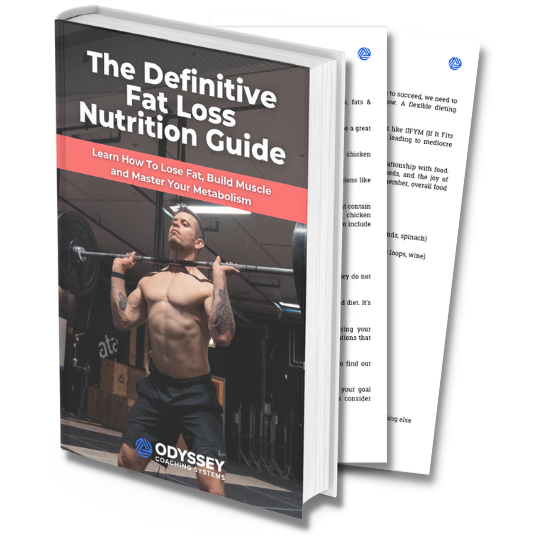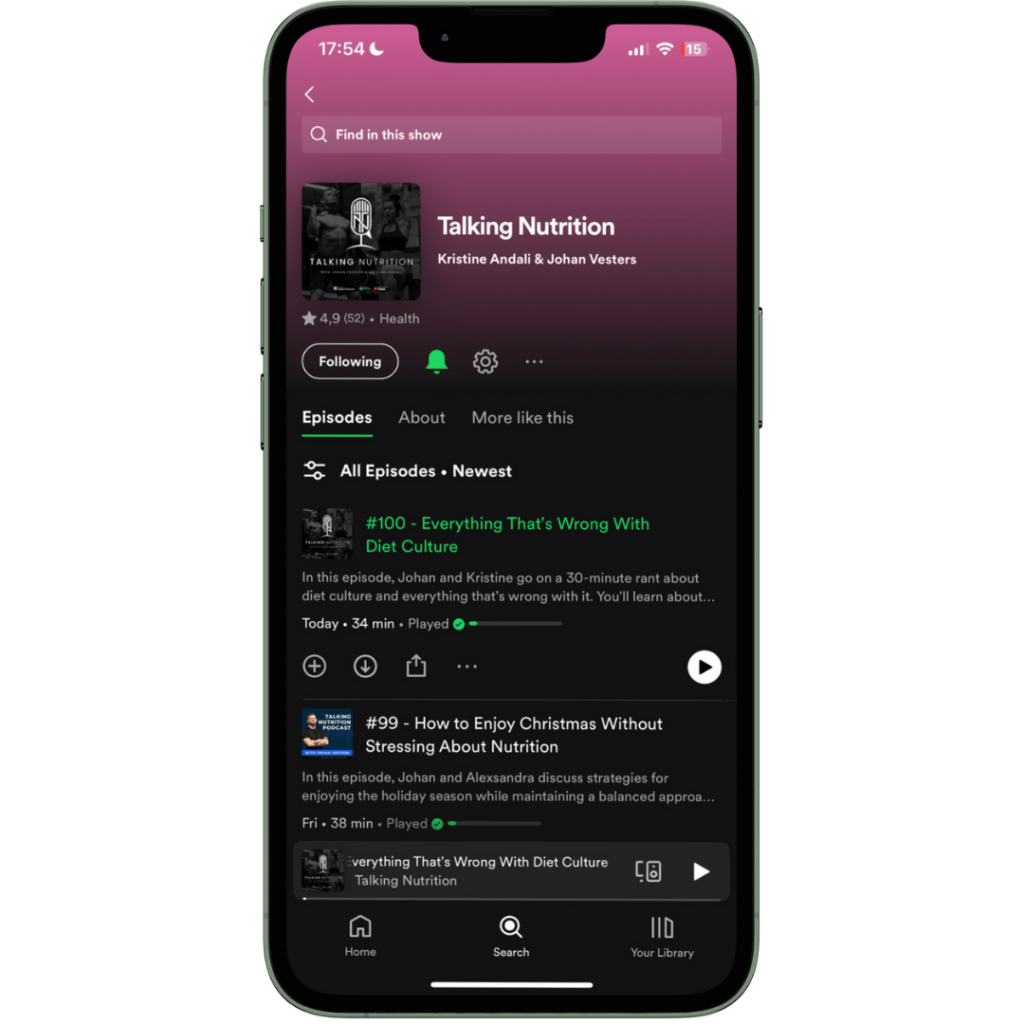Main Take-Aways
1. Put a different wearable on each wrist and you get two different readings. One fitness tracker be better at tracking heart rate, while the other does a better job at step count. However it seems that all fitness wearables, according to the research, have one thing in common: they suck at measuring energy expenditure.
2. You can manage energy balance without tracking calories burned by controlling your food intake, tracking weight, measurements, and photos, and paying attention to your daily step count.
3. Train to build muscle, get better, fitter, stronger, healthier. Track your heart rate during cardio sessions if you want, but try to avoid exercising just to burn more calories.
Is your favorite fitness tracker lying to you?
While wearables like Whoop, Oura ring, FitBit, Garmin, and more are great for monitoring things like heart rate, sleep duration, or step count, you’d be surprised how inaccurate they turn out to be when it comes to how many calories you burn on a daily basis.
If you rely on your fitness tracker to track your workouts and manage your energy balance, then this article is for you
Because this might just be holding you back from reaching your goals.
Now I’m not here to bash fitness trackers by the way.
On the contrary, I believe there’s great use for them. Most of our online clients wear them, and so do I. By all means, keep using yours if you have one!
But let’s see how accurate they really are, what this means for your nutrition and weight loss goals, how to use fitness trackers in a better way, and how you can progress without having to worry about how many calories you burn.
Is Your Fitness Tracker Accurate? Studies Say This…
Put a different wearable on each wrist and you get two different readings.
One may be better at tracking heart rate, while the other does a better job at step count. However it seems that all fitness wearables have one thing in common: they suck at measuring calories burned.
Here’s what the research has to say about the accuracy of fitness trackers.
A 2016 study [1] looked at the accuracy of the Apple Watch, Fitbit Charge HR, Samsung Gear S, and Mio Alpha to measure heart rate and energy expenditure. All four accurately measured heart rate, with a small error rate of 1-9%. However energy expenditure turned out to be 9-43% off
Then there was a 2020 systematic review [2] including wearables from Apple Inc, Empatica, Fitbit, Garmin, Jawbone, Mio, Misfit, Polar, Samsung, UnderArmour, Withings, and Xiaomi. Although there was a difference between brands, heart rate and step count turned out to be accurate. However this, again, was not the case for energy expenditure.
Now there is one issue when it comes to research and fitness trackers. And that’s the fact that by the time a study gets approved and published, there’s already a new generation of fitness trackers.
That being said, a more recent 2022 study [3] looked at more recently released wearables: Apple Watch 6, Polar Vantage V and Fitbit Sense. While they did fine at measuring heart rate (the Apple Watch winning that one), all three did NOT do well in terms of energy expenditure (average of 15-25% error).
Finally, a 2022 systematic review [4] came to the same conclusion. You see, even the newer fitness trackers can not be trusted if we’re talking calories burned.
How Your Fitness Tracker’s Inaccuracies Can Hold You Back from Losing Weight
These inaccuracies might just be one of the reasons why many people struggle to lose weight even though they think they are in a caloric deficit.
Let’s say I want to lose weight and my fitness tracker tells me that I burn 2600 calories per day (which recently it did say by the way). I might want to start my weight loss phase at around 2100 calories.
Now what if in reality I burn 20% calories less than what my tracker says, and my TDEE is closer to 2600 calories? That would probably put me back at (the upper range of) my maintenance calories, if not even a slight surplus.
In this scenario, I would not lose any weight. Hell, I might even gain some.
The only way to REALLY know how many calories you burn would be in a lab setting. So assuming that you don’t live in a lab, let’s not worry about it
Leveraging Your Fitness Tracker’s STRONG Sides
Fitness trackers are getting better and better, and definitely have their time and place.
Sleep is the foundation of everything health and fitness. Since most devices at least do a good job with sleep duration, you can use them to track your sleep.
Personally I really like Whoop’s sleep journal function. It lets you track specific practices that you choose yourself. Then overtime the app shows you how these practices affect your sleep.
Also the Oura ring does a good job at tracking sleep. It also tracks your body temperature, which can help women track ovulation.
Most fitness trackers seem to be best at tracking heart rate, which is why they can be very useful for cardiovascular training. If your goal is to train within a specific heart rate zone, go for it! Additionally you can also compare your sessions and track trends like time spent at a certain heart rate.
More wearables have also started to do HRV. And with that you’ll often get a ‘readiness’ or recovery score based on HRV plus a few other metrics.
But don’t let the data decide your mood for the day.
If you’re feeling great, but you have a low recovery score (or the other way around).. Who’s right? I’d say you probably know yourself better than anyone or anything else. This is why it can be a good idea to combine objective metrics with subjective metrics. AKA how you feel.
The most useful and important data point you can track is your daily step count. Although also here the trackers aren’t always 100% accurate, it is the most real-life measure that you can use to track your NEAT. As long as you use the same tracker, you have a consistent pulse on your daily movement.
⇒ Read more about Non-Exercise Activity, why it’s so important and how it can help you reach your goals.






